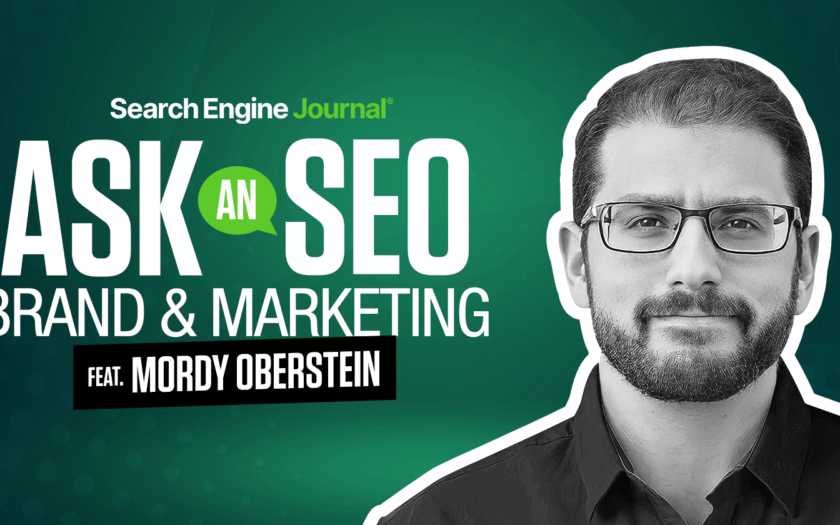What event (or series of happenings) triggered the negative response?
How did this trigger impact the audience? (You need to be extremely specific and explicit here. Generalizations are not helpful).
Why did this trigger the industry to such an extent? (Again, be explicit here).
How toxic is the relationship? You need to know how damaged the relationship is, and you have to be consciously aware of it.
3. You Have To Be Transparent
This speaks a bit to my earlier point about getting out of your comfort zone. You are rebuilding trust. That’s hard. It takes time, and it takes substance (so my fourth tip would be: actually change, just don’t say you did). It’s a process.
You need to reinforce to your audience that you are constantly engaging in that process and that you don’t take their trust for granted.
If this sounds like some sort of Dr. Phil episode, it’s because it is. Humans are humans. The relationships that brands have with their audience work just the way our personal relationships do.
If you violated someone’s trust on a personal level, you would need to show you’re doing the work to earn their trust back.
That means a new level of transparency and vulnerability is needed.
Same for your brand. There is zero difference.
Changing The Narrative Sets Everything Else In Motion
The end result of this process, if you do the work to create engagement and audience interest (which is a whole other conversation about how you do that), is exactly what you’re looking for.
What you really want is not to have a result change or an article rewritten. What you want is for the narrative to shift.
Once the narrative shifts, the rest falls into place. People start talking about you in a positive way (even referencing how amazing it is you turned it all around). They’ll even start writing articles about you or mentioning you, etc.
At that point, once the narrative has shifted and the industry has clearly reassociated how they think and feel about you, you can pick up the stragglers.
Then, you can reach out to those sites that still have not updated their content to reflect the “new you.”
You now have the capital and the inertia to put an unspoken pressure on sites to change their content.
If everyone else is thinking about you a certain way and talking about you a certain way, and if you’ve gained a bit of popularity, those stragglers are not going to want to be left behind (or, at a minimum, running against the grain and consensus).
Now, you have the real power to change the listings on the SERP, no matter who is ranking or what the query is.
Change narratives, not organic listings.
More Resources:
Featured Image: Paulo Bobita/Search Engine Journal
